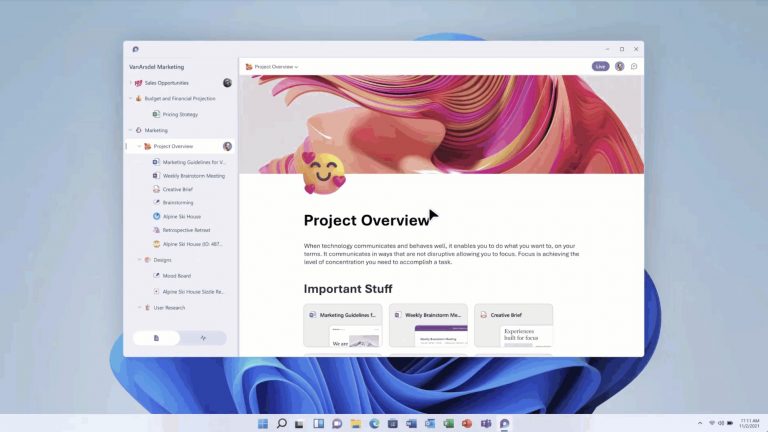DuckDuckGo’s Chrome extension will block Google’s new ad targeting
The privacy-focused browser DuckDuckGo has updated its Chrome extension to block two new ad targeting methods that are a part of Google’s . In a , DuckDuckGo informed users that they can block Google Topics and FLEDGE via its extension, or just disable the “Privacy Sandbox” setting in Chrome. The search giant’s — its alternative method of tracking and targeting users for online ads that Google argues is more privacy-focused — has been met with by regulators and privacy advocates. DuckDuckGo has joined the chorus criticizing Google’s new ad tech, which the search giant is currently on a limited number of users.
“While some suggest that Topics is a less invasive way of ad targeting, we don’t agree. Why not? Fundamentally it’s because, by default, Google Chrome will still be automatically surveilling your online activity and sharing information about you with advertisers and other parties so they can behaviorally target you without your consent,” DuckDuckGo’s product director Peter Dolanjski in the post.
The company also called out Google’s FLEDGE (short for First Locally-Executed Decision over Groups Experiment), its new method of (otherwise known as those obnoxious ads that follow users wherever they go on the web). Unlike older methods, Google claims that FLEDGE allows for re-marketing with relying on a personal identifier about users. FLEDGE will also be directly baked in Google’s Chrome browser, instead of traditional ad re-targetting which occurs through third-party cookies.
“When you visit a website where the advertiser may want to later follow you with an ad, the advertiser can tell your Chrome browser to put you into an interest group. Then, when you visit another website which displays ads, your Chrome browser will run an ad auction based on your interest groups and target specific ads at you. So much for your browser working for you!,” wrote Dolanjski.
It’s possibly just lip service, but Google has emphasized that it’s accepting feedback from privacy advocates and regulators as it continues to test Privacy Sandbox. UK’s competition watchdog gave Privacy Sandbox a cautious earlier this year. Phasing out third-party cookies has taken Google longer than expected. Google has regularly updated its Privacy Sandbox , and the new estimate is that it will gradually stop supporting third-party cookies over a three-month period in late 2023.
All products recommended by Engadget are selected by our editorial team, independent of our parent company. Some of our stories include affiliate links. If you buy something through one of these links, we may earn an affiliate commission.






